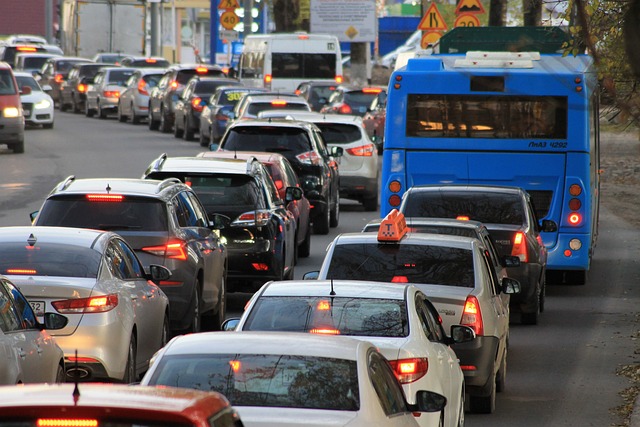
There are a few key reasons why people tend to get bothered when things like that happen in traffic or waiting in line:
- Perceived unfairness/line-cutting: When someone cuts in line or cuts someone off in traffic, it violates the understood social norms and queuing systems we have. It can feel like that person is unfairly putting themselves ahead of others who have been patiently waiting their turn.
- Lack of control: Driving situations or being cut in line put people in positions where they have very little control over the discourteous behavior of others. This lack of control can breed anger and frustration.
- Mild aggression: Acts like cutting someone off or honking excessively can come across as mildly aggressive, discourteous behaviors that show a lack of consideration for others.
- Stress response: Traffic jams and waiting in lines are already stressful situations for many people. Having someone cut ahead or make it more difficult triggers a stress/anger response.
- Attribution of negative intent: We tend to attribute selfish or rude motives to people who cut us off or cut the line, which angers us more than if we viewed it as an innocent mistake.
At a deeper level, these behaviors trigger psychological reactions related to fairness, respect, following agreed-upon systems of order, and being in control of one’s circumstances. While rationally they are minor inconveniences, our emotional reactions can be quite strong when social norms are violated in these ways.
Here are some tips for dealing with the triggers and extended anger caused by things like being cut off in traffic or someone cutting in line:
- Practice mindfulness and deep breathing. When you feel that flash of anger, take a few deep breaths and consciously relax your muscles. This can short-circuit the anger response.
- Reframe the situation. Rather than assume malicious intent, tell yourself the other person may be having an emergency or just made an honest mistake.
- Let it go. Ask yourself if getting angry is really worth spoiling your mood over a minor inconvenience. In the grand scheme of things, it’s not that important.
- Have empathy. We all make mistakes sometimes. Put yourself in the other person’s shoes – you wouldn’t want someone raging at you over a lapse in judgment.
- Don’t take it personally. Their inconsiderate behavior is a reflection on them, not you. Don’t let someone else’s poor behavior dictate your emotional state.
- Use humor. Finding the humor in a stupid situation can defuse anger. Laugh at how ludicrous getting enraged over driving incidents is.
- Listen to calming music or podcasts in traffic to stay centered and distracted from frustrations.
- Adjust your expectations. No one is perfect. Expect that you’ll encounter occasional rudeness and don’t let it ruin your day.
- Practice courtesy yourself. Setting an example of patience and politeness can inspire others.
The key is catching the anger early through mindfulness, not fueling it with hostile thoughts, and actively promoting a more Zen attitude about life’s minor inconveniences.







